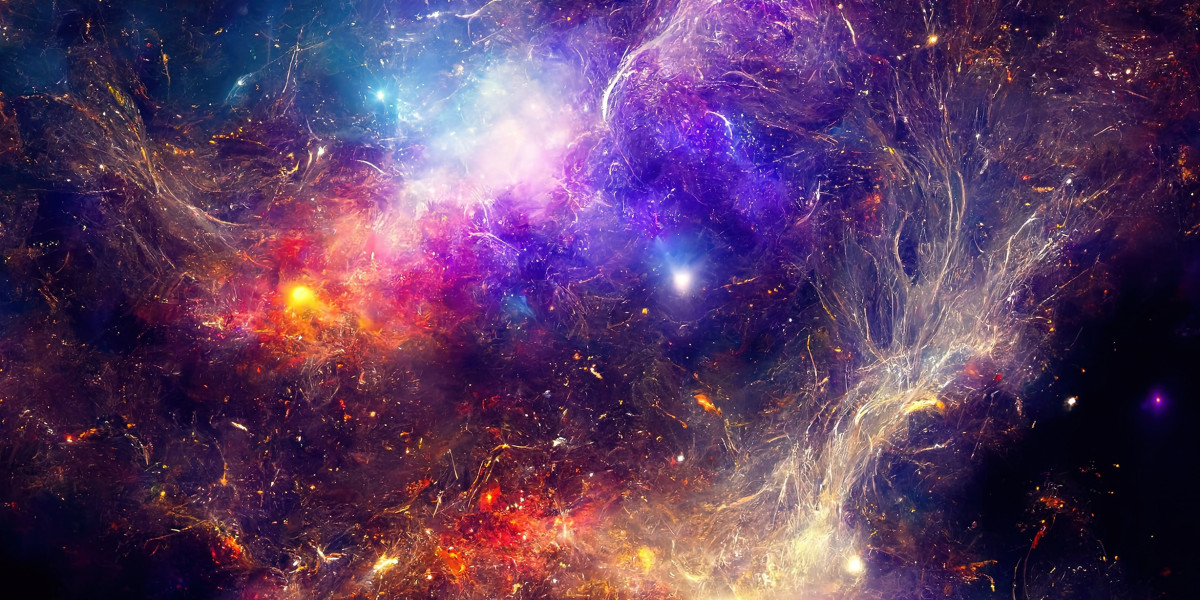In Hindu culture, marriage is regarded as one of the most sacred rites of passage. It’s more than just the union of two individuals; it’s the coming together of two souls destined to share life’s journey. To ensure compatibility and harmony in this union, one of the most crucial practices is kundli matching. Kundli, also known as a birth chart or horoscope, is a detailed astrological map based on the precise time, date, and location of an individual's birth. When two individuals are to be married, their kundlis are matched to determine their compatibility in various aspects of life, such as emotional, mental, physical, and spiritual connections.
The process of kundli matching is intertwined with another vital aspect of Hindu tradition: the Hindu calendar or Panchang. The Hindu calendar serves as a guiding tool for identifying the most auspicious dates and times for marriage ceremonies and other life events. This article explores the critical role of kundli matching in Hindu marriages and how the Hindu calendar influences this process.
The Importance of Kundli Matching
Kundli matching is not merely a superficial tradition; it’s a detailed and complex procedure that carries immense significance in Hindu marriages. The goal is to ensure that the couple’s astrological charts are aligned in ways that promote a harmonious and prosperous married life. Here's why it's essential:
1. Compatibility Analysis
One of the primary purposes of kundli matching is to assess the compatibility between the prospective bride and groom. The Janam Kundli (birth chart) of both individuals is analyzed on several parameters such as Guna Milan (matching of attributes), mental compatibility, emotional stability, financial prosperity, and overall health.
The Guna Milan process uses 36 points to judge the couple’s compatibility. For a marriage to be considered astrologically favorable, a minimum of 18 points should match. Anything below this is often considered a potential warning sign, highlighting areas of the relationship that might face challenges. In this sense, kundli matching serves as a blueprint for understanding and managing potential challenges in married life.
2. Dosha Identification and Remedies
In the process of kundli matching, astrologers also check for any presence of doshas (flaws) in the birth charts. The most common dosha considered is Mangal Dosha, which can create significant issues in marriage if not addressed. According to Vedic astrology, if one or both partners have Mangal Dosha, specific remedies need to be performed to neutralize its effects. The Hindu calendar plays a significant role here, as astrologers use it to select the most favorable dates for performing these remedial rituals and ensuring the couple is spiritually aligned.
3. Longevity and Prosperity
Beyond compatibility, kundli matching provides insight into the longevity and prosperity of the married couple. A well-matched kundli indicates a marriage that is likely to bring happiness, financial stability, and emotional balance. On the other hand, an ill-matched kundli could signify potential hurdles in these areas.
Role of the Hindu Calendar in Marriage Decisions
The Hindu calendar, also known as Panchang, is a key tool in determining not only when the marriage should take place but also how various astrological factors will influence the union over time. The Hindu calendar considers the movement of celestial bodies like the sun, moon, and planets, as well as other cosmic elements, to predict favorable times for life events, including marriage. Here’s how the Hindu calendar guides marriage decisions:
1. Choosing Auspicious Dates (Shubh Muhurat)
In Hindu tradition, timing is everything, and marriages are no exception. The Hindu calendar provides shubh muhurat (auspicious times) for conducting important ceremonies, including marriage. These are specific time periods when the planetary positions are favorable, ensuring that the couple’s marriage is blessed with prosperity, peace, and longevity.
The calendar takes into account various astrological elements such as the phase of the moon, planetary transits, and nakshatras (lunar constellations). For instance, days during the waxing moon (Shukla Paksha) are considered highly auspicious for weddings, while days during the waning moon (Krishna Paksha) may be avoided. Similarly, astrologers may advise against marriages during inauspicious periods like Rahu Kaal or Chandra Kaal, which are considered to bring bad luck.
2. Planetary Alignments and Marriage
In kundli matching, planetary alignments play a crucial role in determining the couple’s compatibility. The Hindu calendar helps astrologers understand the positions of key planets like Jupiter, Venus, and Mars at the time of marriage. Jupiter, known as the planet of wisdom and spirituality, is particularly important in marriage decisions. Its position in the Hindu calendar helps decide the best times for weddings and remedies for any planetary conflicts found during kundli matching.
3. Determining Nakshatras and Tithis
The Hindu calendar divides the lunar month into tithis (lunar days), and each tithi is associated with specific attributes. Similarly, there are 27 nakshatras or lunar constellations, each influencing human behavior and life events in unique ways. For a successful marriage, astrologers use the Hindu calendar to choose tithis and nakshatras that align with the couple's kundlis. Marriages performed under favorable nakshatras like Rohini, Magha, and Uttara Phalguni are believed to bring lasting happiness and mutual understanding.
The Intersection of Kundli Matching and the Hindu Calendar
The blending of kundli matching and the Hindu calendar ensures that the marriage is not only astrologically favorable but also happens at the most auspicious time. Kundli matching identifies the key areas where the couple will connect, or face challenges, while the Hindu calendar pinpoints the exact moments when these energies will be at their most positive.
For instance, if the couple’s kundlis indicate the presence of Mangal Dosha or other planetary imbalances, astrologers can recommend remedial actions to be performed on specific dates derived from the Hindu calendar. These rituals are designed to mitigate negative influences and align the couple’s energies for a prosperous and harmonious life together.
Conclusion
In conclusion, kundli matching is an integral part of Hindu marriages, providing a roadmap for compatibility and marital success. It goes beyond simple astrology and is deeply embedded in Hindu philosophy and traditions. Coupled with the guidance of the Hindu calendar, which ensures that the marriage takes place at the most auspicious time, this ancient practice ensures that the couple is blessed with prosperity, longevity, and mutual understanding. By aligning the cosmic energies of both partners, kundli matching and the Hindu calendar together form the foundation of a strong and successful Hindu marriage.







